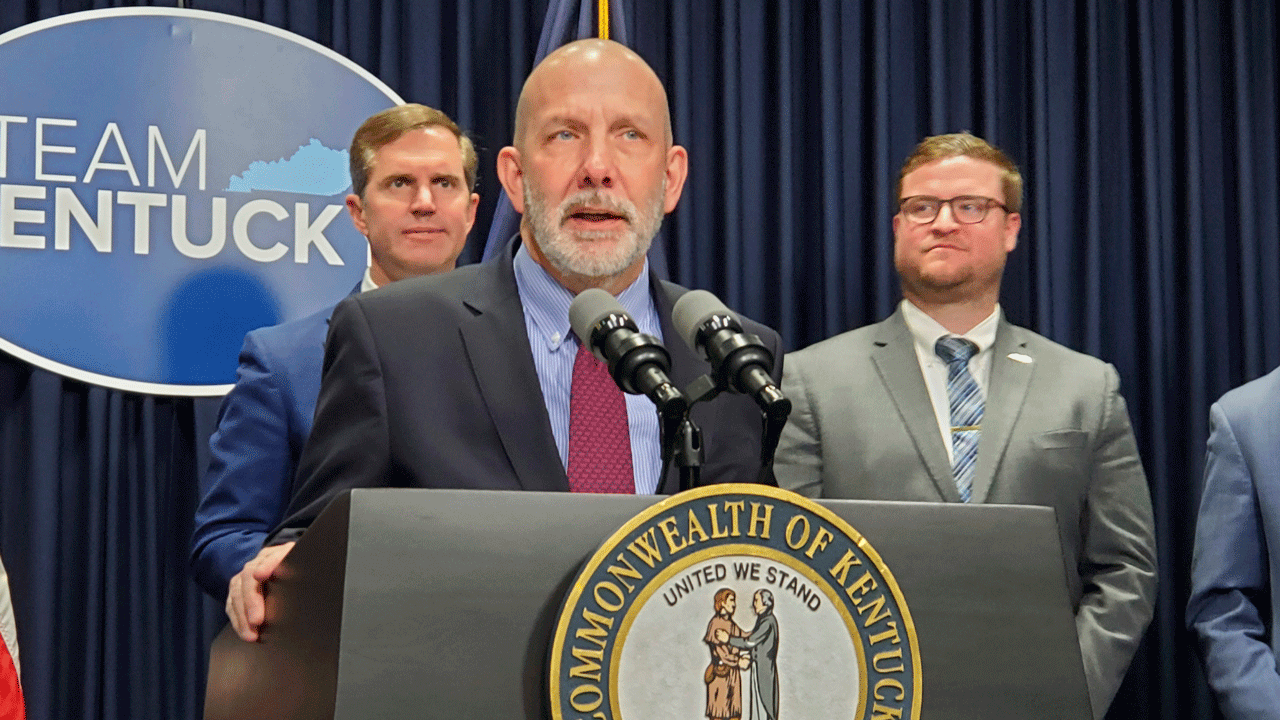Autumn Budget 2024: Treasury cracking down on fraud
The Chancellor of the Exchequer has made fraud and error in the welfare system a priority, with a new programme aiming to save £4.3bn by the end of the decade


The Chancellor of the Exchequer has made fraud and error in the welfare system a priority, with a new programme aiming to save £4.3bn by the end of the decade.
Rachel Reeves said that her Budget includes programmes that will prevent, detect and correct fraud and error in the benefit system.
There will be an additional 3,00 fraud and error staff across the Department for Work and Pensions (DWP) and 180 additional fraud staff at HM Revenue & Customs (HMRC), aiming to save £800m in 2029-30.
In addition, there will be new investment made to verify changes in Universal Credit claims, predicting savings of £250m in 2029-30 and extending the targeted case review to help spot incorrect Universal Credit claims, saving £2.5bn in 2029-30.
City AM revealed last week that the DWP’s anti-fraud staff cost rose to £44.5m in the financial year 2023/24, up from £15.5m in 2021/22.
This was as a result of the government department more than doubling its anti-fraud staffing headcount, rising from the average full time staff of 398 in 2021/22 to 1,076 in 2023/24.
These new measures outlined on Wednesday are part of the “welfare cap” the government said it inherited which limited the amount spent on certain social security benefits and tax credits.
The Treasury said it is ensuring that welfare spending is sustainable in the medium term.
The forthcoming Fraud, Error and Debt Bill will introduce new powers to check benefits are being paid correctly using data shared by banks and financial institutions. The Treasury said this has a saving of £475m by 2029-30.
The Bill will also strengthen DWP’s powers to recover debt, saving £260m in 2029-30.
Daniel McAfee, head of legal operations at Lawhive said: “The new legislation is likely to increase the number of welfare fraud investigations and prosecutions.”
He noted “this will lead to a rise in the demand for legal advice, both for claimants and organisations involved in the administration of welfare benefits.”



